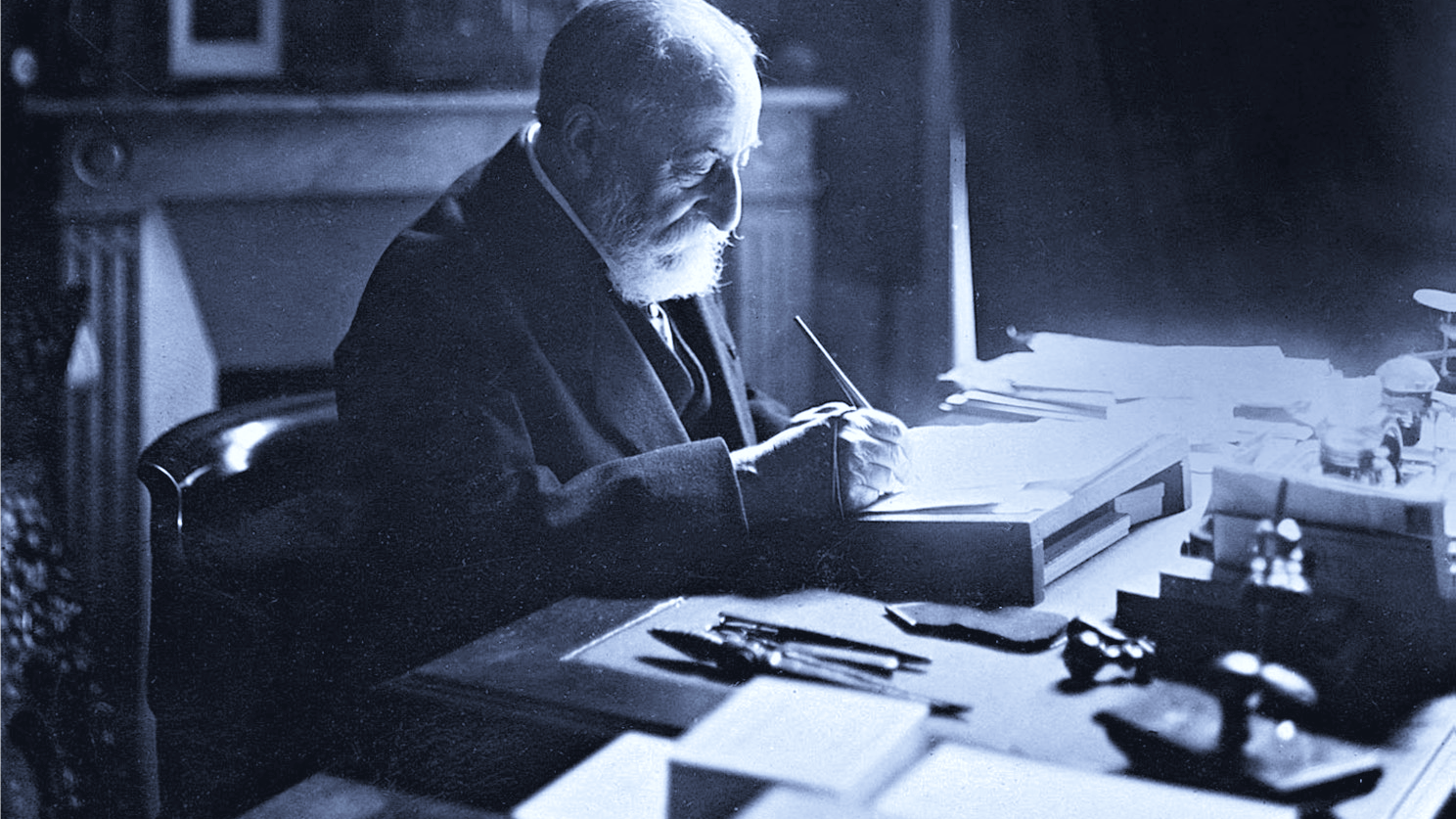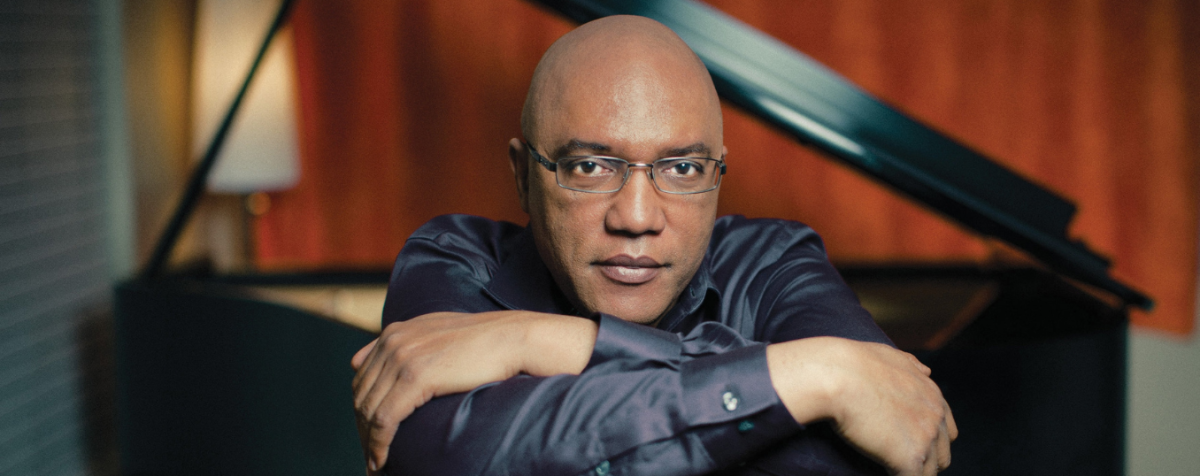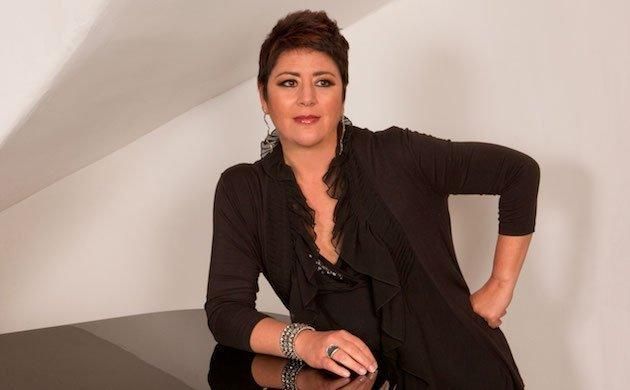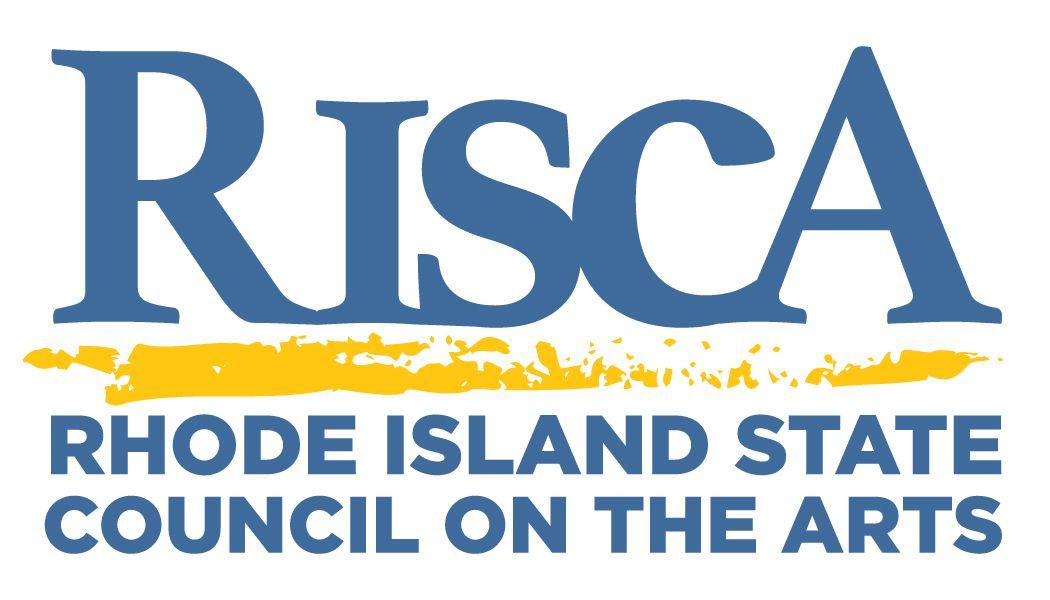THE STORY BEHIND: Barber's "Adagio for Strings"
Share
On May 7, Leonard Slatkin, Providence Singers, Talise Trevigne, Nina Yoshida Nelsen, Colin Ainsworth, Michael Dean and the Rhode Island Philharmonic Orchestra will present Beethoven 9.
THE STORY BEHIND: Barber's Adagio for Strings
Title:
Adagio for Strings
Composer: Samuel Barber (1910-1981)
Last time performed by the Rhode Island Philharmonic:
Last performed November 20, 2010 with Larry Rachleff conducting. This piece is scored for strings.
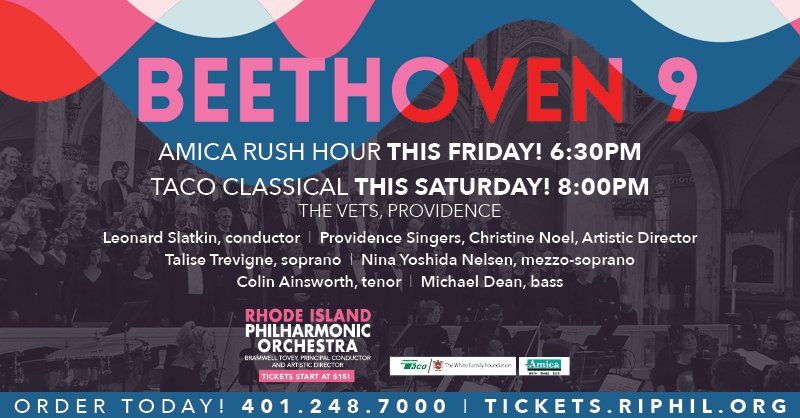
The Story:
In the years following his graduation from the Curtis Institute, Samuel Barber spent time traveling and composing in Europe under various stipends and grants. Between 1935 and 1937, he won the Prix de Rome and two Pulitzer Travel Scholarships. Barber’s stay in Rome had a far-reaching effect on his career, for it was there in 1935 that met Arturo Toscanini. Three years later, when Toscanini became conductor of the newly formed NBC Symphony Orchestra, he premiered two new works by Barber: the
First Essay and the
Adagio for Strings.
Originally, the
Adagio
was the slow movement of Barber’s String Quartet, written in Rome in 1936. For Toscanini, Barber adapted the
Adagio for full string orchestra. Its long, mellifluous lines, lyric intensity, and heartfelt sincerity had an immediate impact on audiences and critics alike. Olin Downes wrote of the premiere, “There is an arch of melody and form. The composition is most simple at the climaxes, when it develops that the simplest chord, or figure, is the one most significant.”
Barber’s
Adagio has proven durable and popular in the years since it premiered. Though certain critics have grown weary of hearing the work (“an all-purpose cultural theme song”: Martin Bernheimer,
Los Angeles Times), it continues to reach an ever-widening audience. It has also become a staple among American funeral music, beginning notably with President Roosevelt’s 1945 memorial service. At the funeral of Princess Grace of Monaco in 1982, the music moved family and friends to tears. The
Adagio was also introduced effectively into the film scores of
The Elephant Man (1980) and
Platoon (1986). On TV, the music has been heard in episodes of
The Simpsons,
South Park, and
Seinfeld.
Program Notes by Dr. Michael Fink © 2022 ALL RIGHTS RESERVED
Tickets start at $15! Click HERE or call 401-248-7000 to purchase today!
